Professor Marco Bertoni together with co-editors Giuditta Pezzotta, Roberto Sala, Xavier Boucher and Fabiana Pirola are releasing a book on Data-Driven Decision Making for Product Service Systems. It can be […]
Read More

Professor Marco Bertoni together with co-editors Giuditta Pezzotta, Roberto Sala, Xavier Boucher and Fabiana Pirola are releasing a book on Data-Driven Decision Making for Product Service Systems. It can be […]
Read More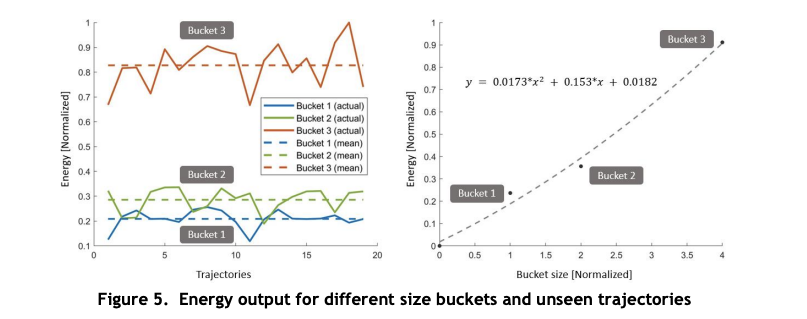
Abstract The paper addresses a critical challenge in System-of-Systems (SoS) simulations arising from the different granularity levels in SoS simulations, integrating non-coupled Discrete Element Method results into SoS-level Discrete Event […]
Read More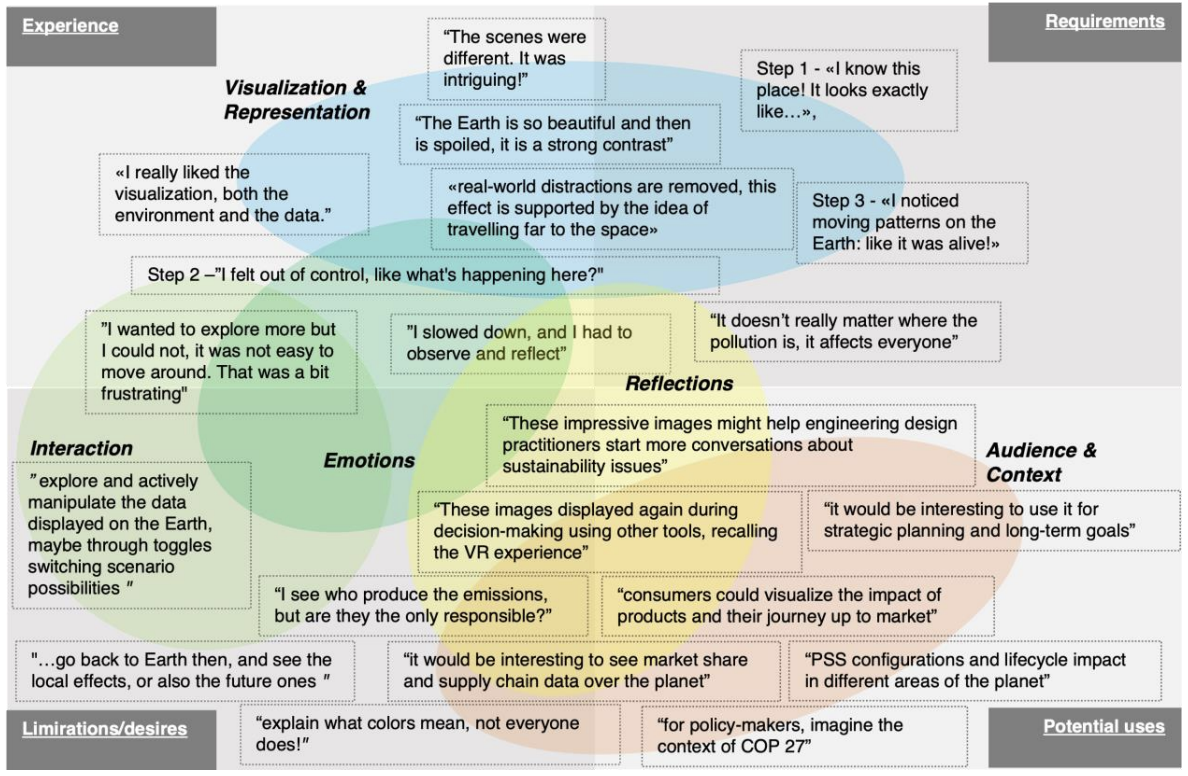
Abstract The challenges of sustainable development require a consistent transformation of decision-making practices in society and in the industry. In this regard, Virtual Reality (VR) is an effective tool, providing […]
Read More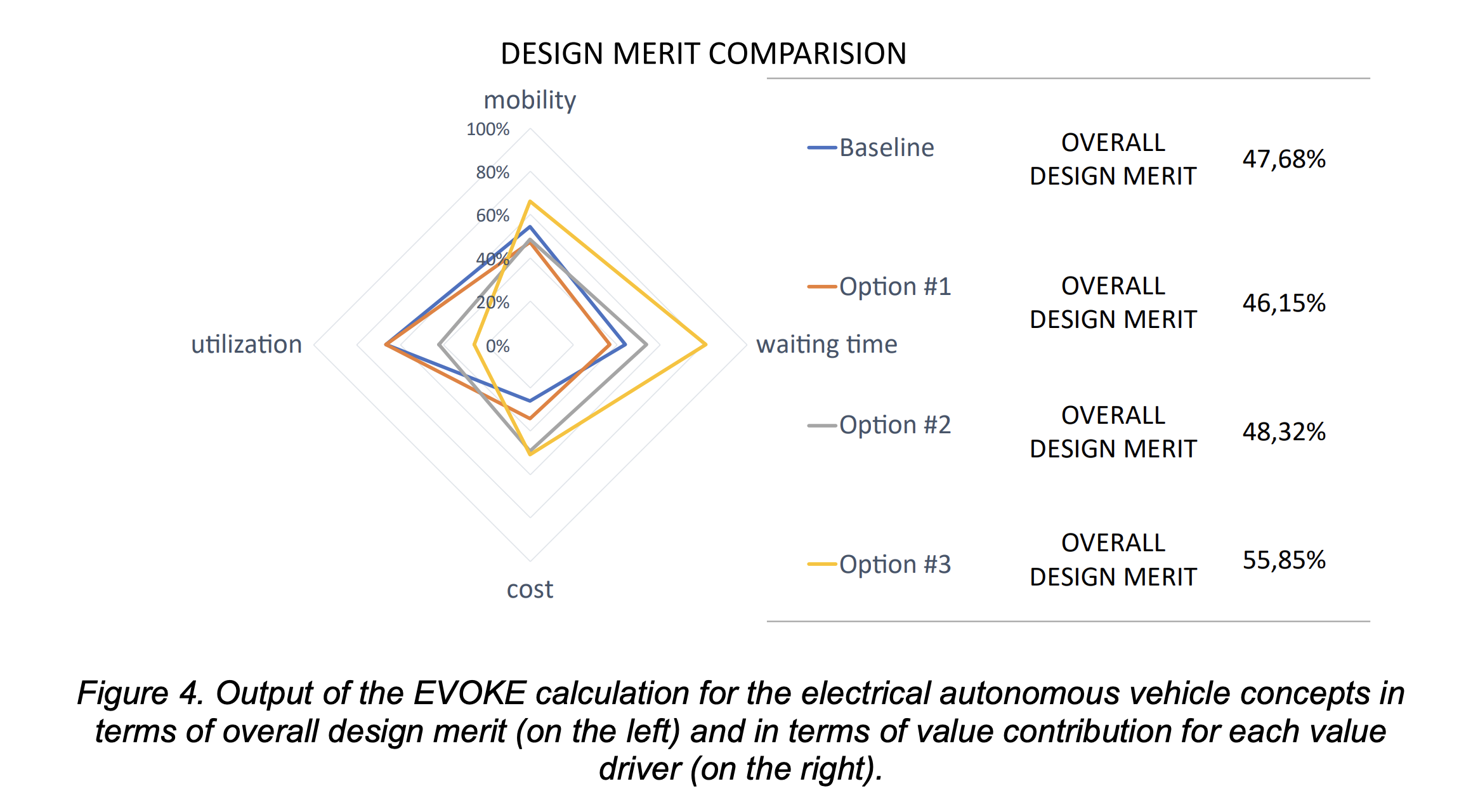
Abstract The paper presents an approach where the iterative replication of Discrete Event Simulations on future operational scenarios is used to derive data-driven design merit functions. The presented contribution proposes […]
Read More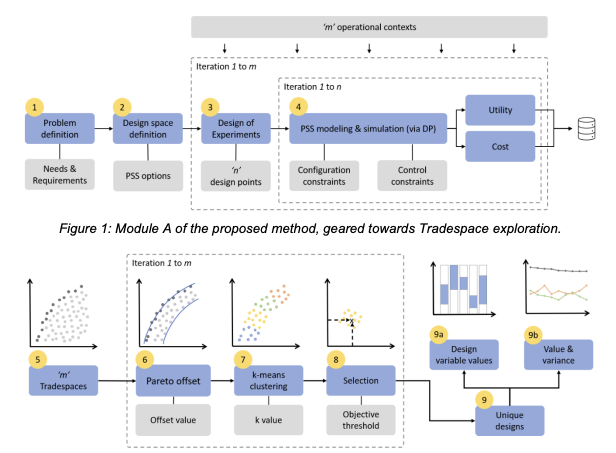
Abstract The design of Product-Service Systems (PSS) is challenging due to the inherent complexities and the associated uncertainties. This challenge aggravates when the PSS being considered has a longer lifespan, […]
Read More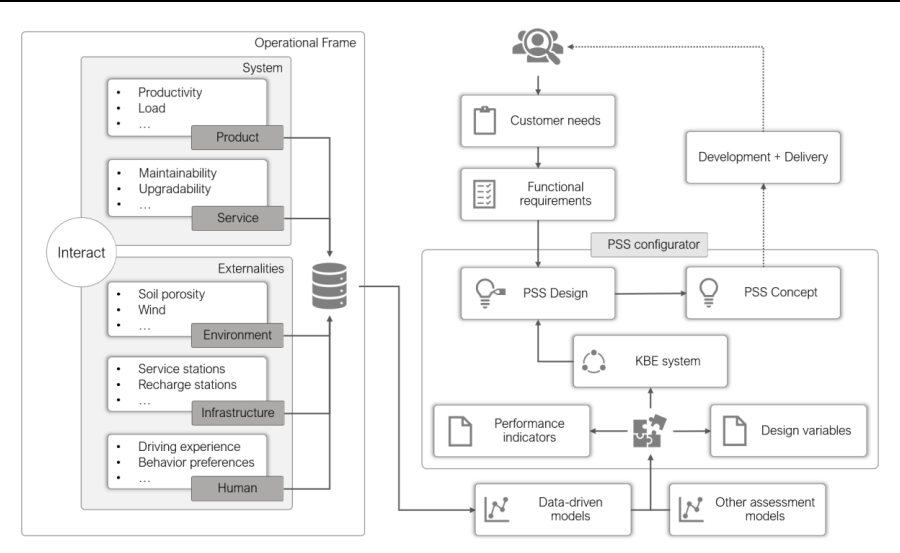
Abstract The digitalization era has brought about unprecedented challenges for the manufacturing industries, pushing them to deliver solutions that encompass both product and service-related dimensions, known as Product-service Systems. This […]
Read More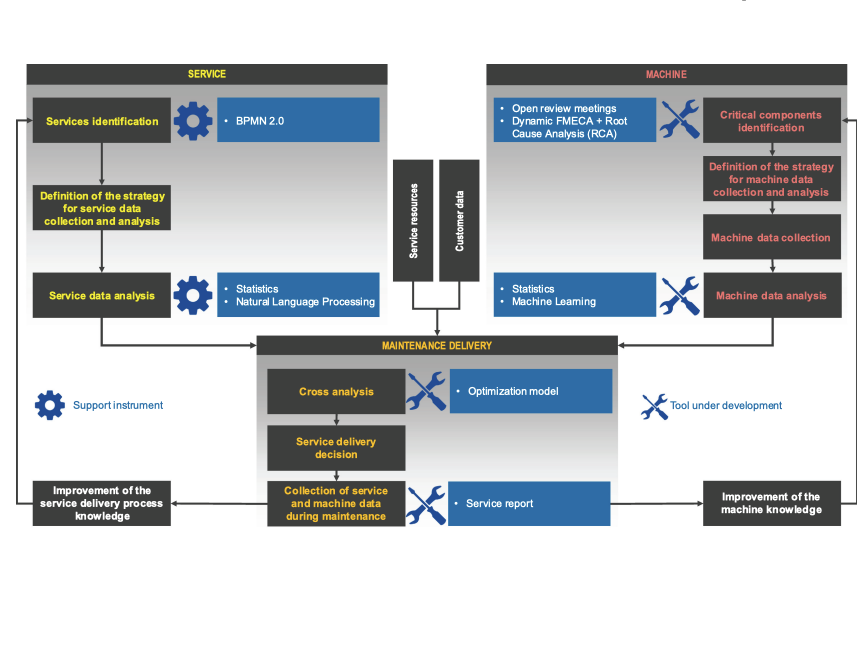
Abstract Purpose – This paper aims to present a dual-perspective framework for maintenance service delivery that should be used by manufacturing companies to structure and manage their maintenance service delivery process, using […]
Read More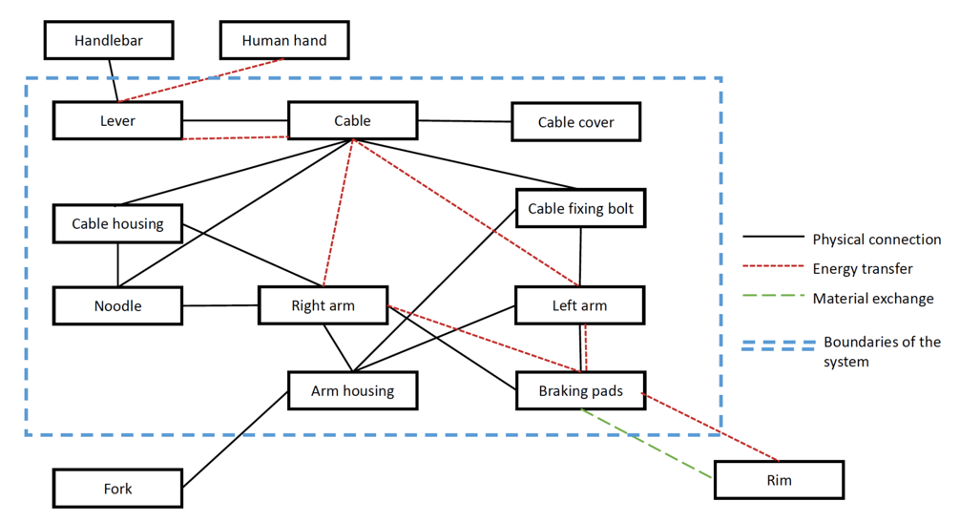
Abstract: The application of the Failure Mode and Effect Analysis (FMEA) has been an established practice in systems engineering and engineering design for some decades. The benefit of applying FMEA […]
Read More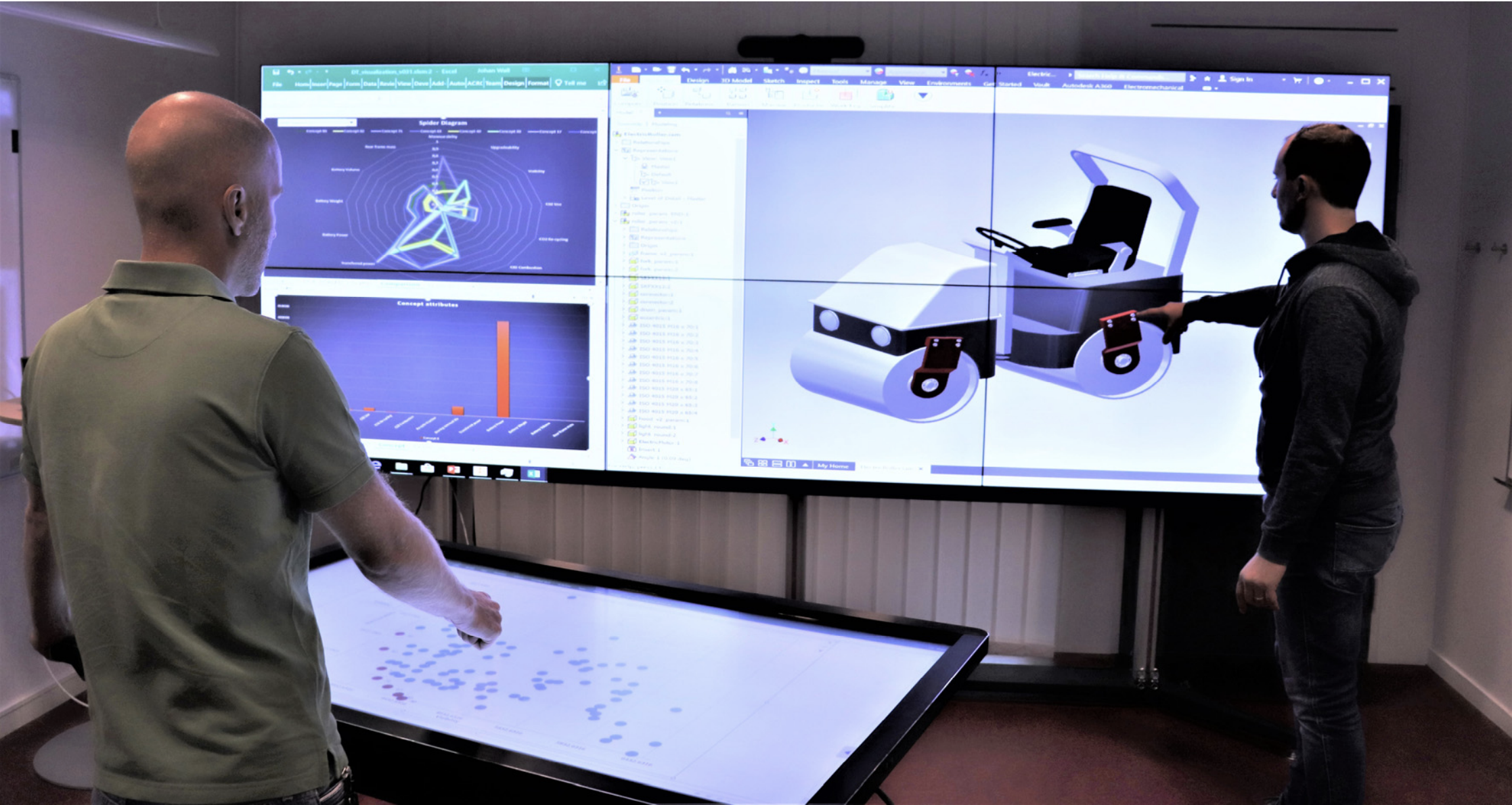
Abstract The shift towards Product-Service Systems (PSS) stresses the need to embed new and unique capabilities in Decision Support Systems, with the aim of helping the engineering team in handling […]
Read More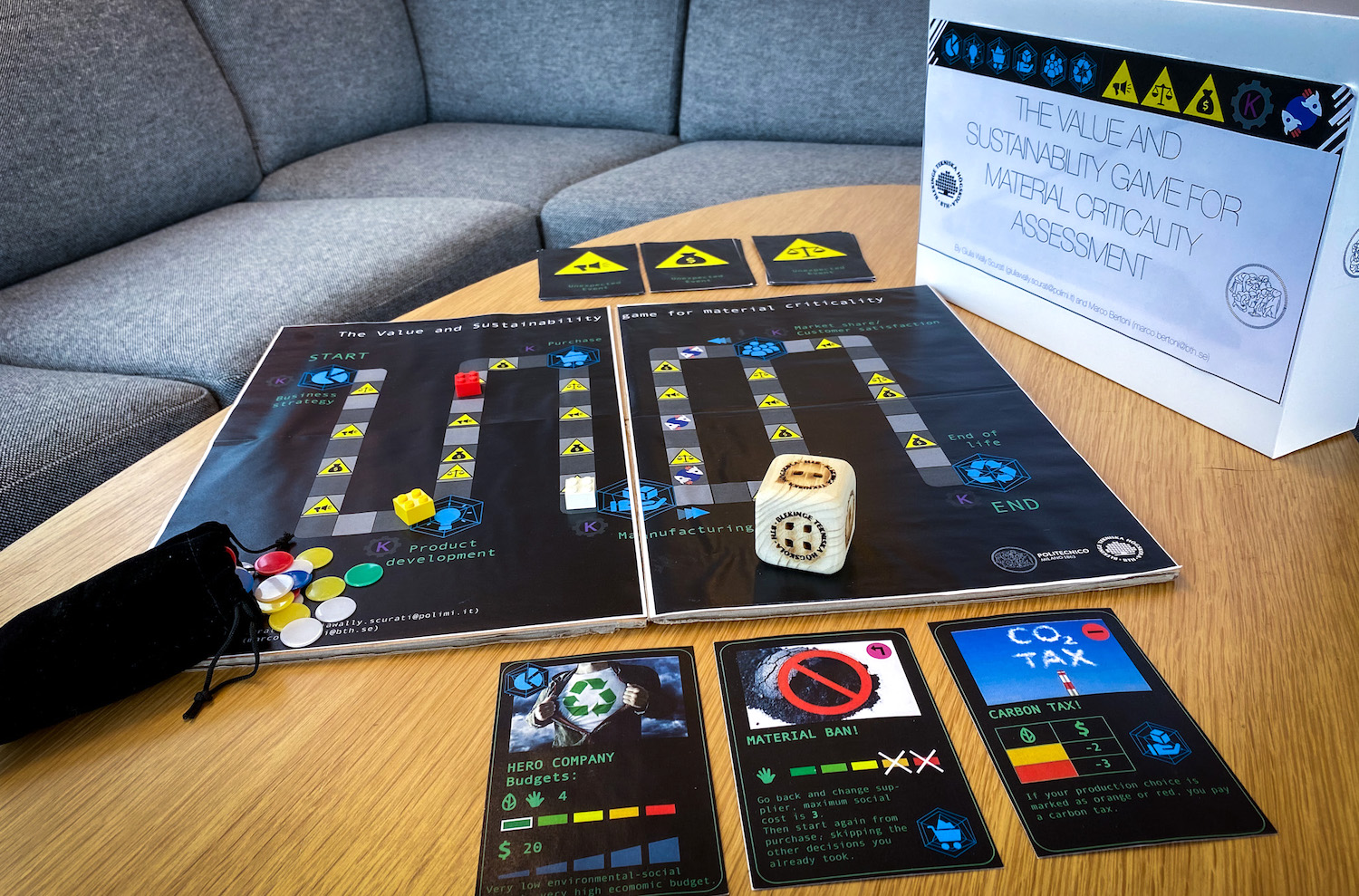
Abstract Aviation strives today to include environmental and social considerations as drivers for decision making in design. This paper proposes a serious game to raise awareness of the value and […]
Read More